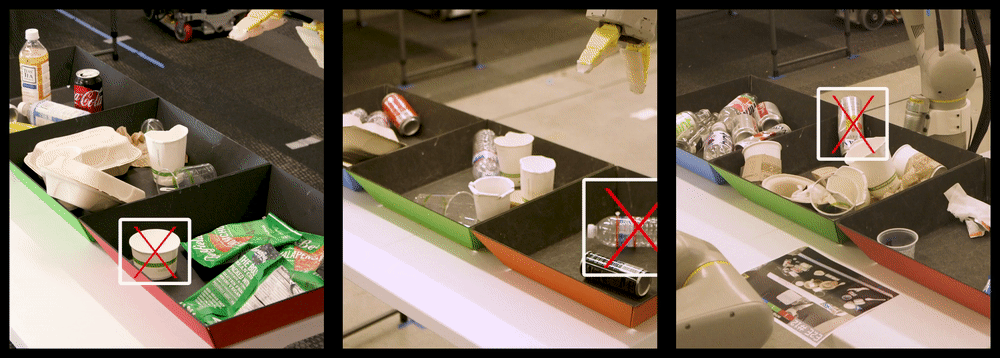Hello everyone;
As soon as I saw an article that will excite my environmental engineer friends a little bit, I wanted to share it immediately. I said environmental engineer friends because I think that robots sorting garbage will be a new step for the environment, especially since our country has great difficulties in raising awareness about the separation of waste.
Although the subject looks a bit like the movie WALL-E, it’s actually a great idea…
For all the advances made by robotics companies like Boston Dynamics, we are still a long way from having robots living among humans and doing helpful tasks in our daily lives. I think we humans will need another 20 years to get used to it. Google’s parent company Alphabet is trying to meet this challenge with its experimental X Lab, where engineers are working on the Everyday Robot Project.
In a recent blog post published by Wired, Hans Peter Brondmo, general manager of the X robotics project, explained that engineers are currently focused on building robots that interact with humans in meaningful ways and do useful work.
In recycling systems, billions of things that could be recycled end up in the soil, as it is very difficult to separate garbage that is thrown away unconsciously. Based on this problem, Alphabet started to use its own robots to decompose the garbage in its own offices and the first tests show that it is quite successful.
If we evaluate it from the point of view of our country, this system, which will enable the separation of garbage in garbage collection centers, will not only contribute to nature, but will also bring together branches such as electrical-electronic engineering, letteraronic engineering and environmental engineering.
While Alphabet engineers were working on this project, the decision they made internally was to place the wrong garbage in a different container and teach them to take the garbage in the right container. Thanks to the algorithm, the robots started to fill the waste into the right containers according to their types while sorting the garbage in front of them after a while.
Of course, garbage types are quite high as you know. Alphabet engineers, who wanted to overcome this, aimed to teach robots by putting hundreds of types of garbage in front of the robots throughout the night until the morning. Naturally, the robots became able to detect thousands of types of garbage.
The results are as follows: Instead of coding every part of the task, the robots learned to work practically. They reduced the pollution level of the waste from 20 percent to 5 percent. Looking at the gif above, you can see that in practice the robots have improved their sorting skills: first the robot recognizes the glass, then it can move a bottle and finally it throws the other items into the waste bin towards the can.
The next goal of the project is to apply more complex tasks to the Garbage Sorting Robots without coding. They want these robots to be used especially in the homes of elderly and sick people, and they want their homes to be cleaner and more spacious.
We don’t know what the situation will be in our country, but I think the new step for the environment will be garbage sorting robots.
Hope to see you in the next article;
Source

The results are as follows: The robots learned to work practically, instead of coding every part of the task. They reduced the pollution level of the waste from 20 percent to 5 percent. Looking at the gif above, you can see that the robots have improved their sorting skills in practice: first the robot detects the glass, then it can move a bottle, and finally it throws the other items into the waste bin towards the can.
The next goal of the project is to apply more complex tasks to the Garbage Sorting Robots without coding. They want these robots to be used especially in the homes of elderly and sick people, and they want their homes to be cleaner and more spacious.
We don’t know what the situation will be in our country, but I think the new step for the environment will be garbage sorting robots.
Hope to see you in the next article;





